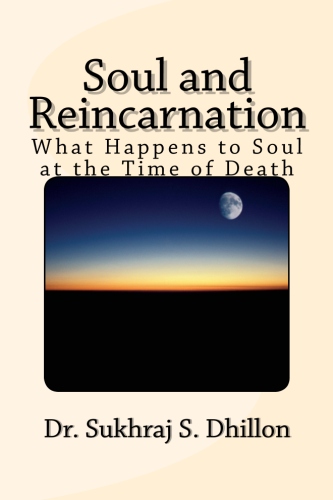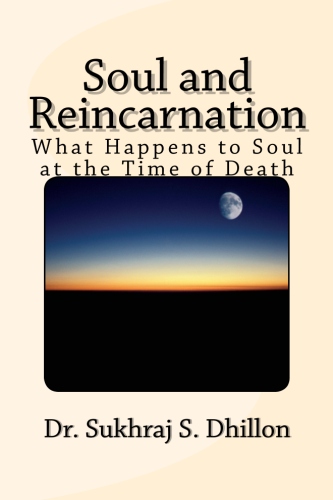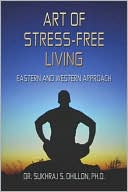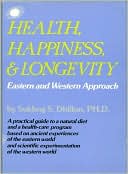The stomach is a muscular organ - about the size of your hand - that stretches when full and returns to normal when empty. This stretching of the stomach is only temporary. The size of stomach that varies among individuals, affects food intake.
Although bigger people tend to have bigger appetites, the size of the stomach--and not just the size of the body--appears to affect the feeling of fullness, or satiation, during and after a meal, according to research from the Mayo Clinic College of Medicine in Rochester , Minnesota .
The investigators found that compared with normal-weight adults, those who were overweight or obese took longer to feel satiated at mealtime. Similarly, those whose empty stomachs were larger needed more calories to feel completely full.
It was not merely a matter of bigger people having bigger stomachs, said the researchers. Instead, the size of a person's empty stomach (called fasting gastric volume) was related to a feeling of fullness independent of body size.
Their study included 134 healthy volunteers who, after an overnight fast, drank a liquid meal until they reached maximum satiation. Their stomach volume before and after eating was measured through non-invasive imaging. The researchers found that both body mass index (BMI) and fasting gastric volume were independently linked to the time it took participants to become full.
The study suggests that factors governing stomach volume might predispose people to obesity and could serve as targets for weight-control tactics. These control mechanisms could range from eating patterns, such as whether a person eats small meals throughout the day or tends to binge, to hormones, to the nerves that control stomach contraction and relaxation (Gastroenterology, February 2004).
From these studies it is safe to assume that whatever can help reduce the stomach size will help control appetite and thus weight reduction. Further proof is the extreme example of surgical procedure to reduce stomach size. One of the major reasons for surgery to promote weight loss is that the operations close off parts of the stomach to make it smaller. Operations that only reduce stomach size are known as "restrictive operations" because they restrict the amount of food the stomach can hold.
In conclusion, reduced stomach not only improves the appearance but helps control weight. Because, reduced stomach makes you feel full with less food reducing the amount of food eaten and thus the calories consumed. This leads to weight loss. Therefore, you're killing two birds with one-stone, the reduced stomach which reduces weight in this simple but effective exercise.
For More Free Info on "Simple Solution to Weight Problem", Click Here
About the Author:Dr. Sukhraj S. Dhillon has an obsession that nature has created us healthy, and it's us who have created unhealthy living habits. He has advanced degree in life sciences and molecular biology from the west and a fascination with yoga, breathing, religion and spirituality from the east crafted out of studies at Yale University, U.S.A. and Punjab University, India. Therefore, he is uniquely qualified to present Eastern and Western synthesis of health issues. He has published over 12 books and 40 research papers, and has expressed his views in the news media and workshops.
Although bigger people tend to have bigger appetites, the size of the stomach--and not just the size of the body--appears to affect the feeling of fullness, or satiation, during and after a meal, according to research from the Mayo Clinic College of Medicine in Rochester , Minnesota .
The investigators found that compared with normal-weight adults, those who were overweight or obese took longer to feel satiated at mealtime. Similarly, those whose empty stomachs were larger needed more calories to feel completely full.
It was not merely a matter of bigger people having bigger stomachs, said the researchers. Instead, the size of a person's empty stomach (called fasting gastric volume) was related to a feeling of fullness independent of body size.
Their study included 134 healthy volunteers who, after an overnight fast, drank a liquid meal until they reached maximum satiation. Their stomach volume before and after eating was measured through non-invasive imaging. The researchers found that both body mass index (BMI) and fasting gastric volume were independently linked to the time it took participants to become full.
The study suggests that factors governing stomach volume might predispose people to obesity and could serve as targets for weight-control tactics. These control mechanisms could range from eating patterns, such as whether a person eats small meals throughout the day or tends to binge, to hormones, to the nerves that control stomach contraction and relaxation (Gastroenterology, February 2004).
From these studies it is safe to assume that whatever can help reduce the stomach size will help control appetite and thus weight reduction. Further proof is the extreme example of surgical procedure to reduce stomach size. One of the major reasons for surgery to promote weight loss is that the operations close off parts of the stomach to make it smaller. Operations that only reduce stomach size are known as "restrictive operations" because they restrict the amount of food the stomach can hold.
In conclusion, reduced stomach not only improves the appearance but helps control weight. Because, reduced stomach makes you feel full with less food reducing the amount of food eaten and thus the calories consumed. This leads to weight loss. Therefore, you're killing two birds with one-stone, the reduced stomach which reduces weight in this simple but effective exercise.
For More Free Info on "Simple Solution to Weight Problem", Click Here
About the Author:Dr. Sukhraj S. Dhillon has an obsession that nature has created us healthy, and it's us who have created unhealthy living habits. He has advanced degree in life sciences and molecular biology from the west and a fascination with yoga, breathing, religion and spirituality from the east crafted out of studies at Yale University, U.S.A. and Punjab University, India. Therefore, he is uniquely qualified to present Eastern and Western synthesis of health issues. He has published over 12 books and 40 research papers, and has expressed his views in the news media and workshops.




















